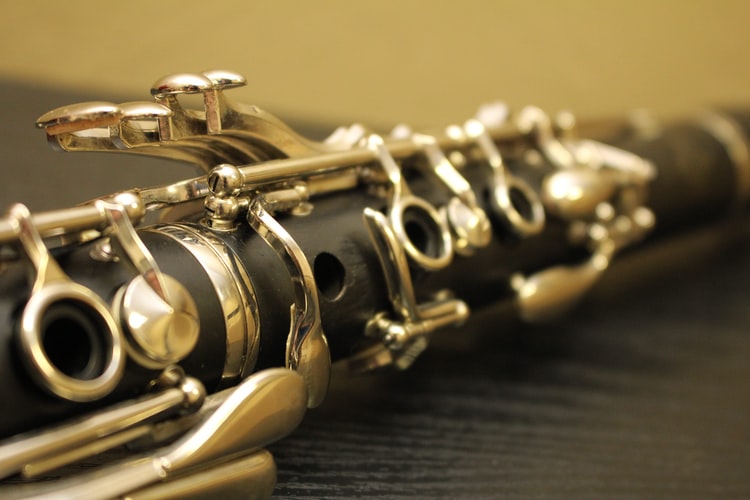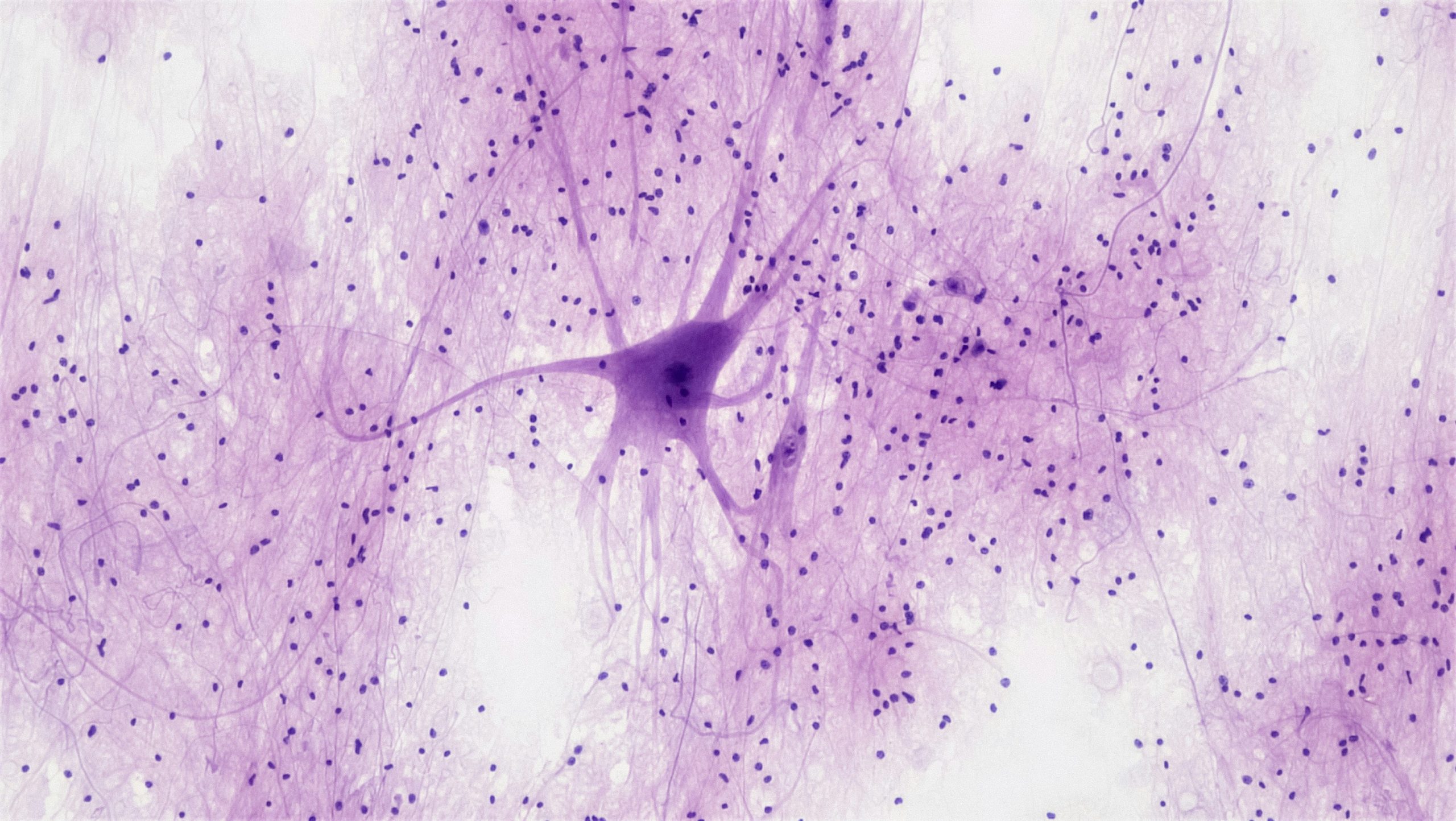Catrin Herrenden-Harker, Year 10, Kings Monkton, Wales
Alzheimer and dementia are devastating diseases which affect 60 million people in the world, with the number set to grow, so is a major problem for healthcare systems and puts extreme pressure on old people’s homes. So, what are these diseases? Dementia is an overall term for diseases and conditions characterized by a decline in memory, language and thinking skills that affects a person’s ability to carry out daily tasks. Alzheimer’s is an irreversible, progressive brain disorder that slowly destroys memory and thinking skills and, eventually, the ability to carry out the simplest tasks.
It is caused by progressive brain cell death which can be caused by numerous factors. Both diseases cause memory loss as two types of protein called amyloid and tau multiply, these attack the brain, cutting neural signals off and stopping chemical messaging. The protein amyloid forms a plaque around the brain whereas the protein tau tangles with the brain cells. Over time different areas of the brain shrink. Alzheimer’s also stops signals being sent around the brain affecting a person’s language and ability to process information.
Over the last 20 years, research into dementia and Alzheimer’s has been vast, with many new jobs being created to research these tragic illnesses. Many scientists thought that the main problem to do with dementia and Alzheimer’s was the build-up of the amyloid proteins. So, scientists thought that if they found a way of removing the plaque then this would stop memory loss. Sadly, this was not the case after trialling drugs. Consequently, drugs were developed to do this, but were not found to be effective in clinical treatments. Neurofibrillary tangles were observed to form in patients and these were thought to prevent signals between brain cells. This happens as the proteins become misshapen and then undermine the cellular support system. However, many scientists believe that even smaller cells are causing dementia and Alzheimer’s; so, stopping one kind of protein will make an insignificant difference. Another approach to the problem is research to be able to create brain cells to replace those who are lost.
My passion for this topic began when I started visiting a care home to play music for the residents and to chat to them for around an hour a week. I would play a selection of songs on the clarinet. After the first couple of weeks I began to see a correlation between music and memory. I visited a dementia specialised home; so many could not remember where they were or even their own names; however, when I started playing music I realized that many of the residents could repeat the lyrics. I also found that after playing music the resident could engage in a conversation better than they could before, and even remember answers to questions I had asked them before; but had had no response.
Music is important to Alzheimer’s sufferers as usually the area of the brain that has a response to music is unaffected, meaning memories to do with music remain. This enabled residents of the home to recall memories that linked with that piece of music. So why is this not used then if it has such benefits? Sadly, in the UK music therapy for those with Alzheimer’s is not used very often, whereas on the other side of the world in Australia music therapy is widely used in homes, with iPods being provided to create a playlist for each resident.
In Norway research was carried out with iPods and musicians that came into the homes. They found that music reduced anxiety and comforted 86% of patients. Music also reduced the number of falls from 47 to 31 in an average care home per month. These care homes could reduce the amount of sedatives drugs used by 15%. It also reduced physical and verbal abuse caused by the frustration some people feel. Amazingly it can help people walk: with the right rhythm it can access a particular part of the brain stem allowing people to walk. This is a compelling case that care homes in this country should provide access to music residents which would transform their quality of lives.
Runner-up for the Schools Science Writing Competition, Trinity Term, 2020





